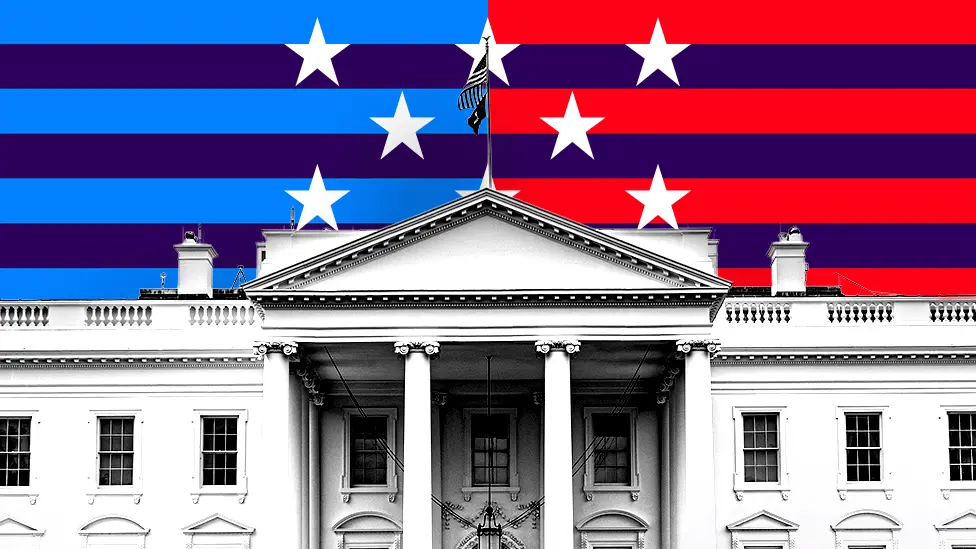Your Essential Guide to the 2025 Presidential Election: What You Need to Know

South Korea is set to hold a presidential election on June 3, following the impeachment of former President Yoon Suk Yeol. Yoon was removed from office after declaring martial law for six hours in December, a move that sparked significant political turmoil and societal divisions. The upcoming election will not only determine the new leader but also address the political and economic challenges that have arisen from Yoon’s controversial actions, including ongoing tensions with North Korea and the country’s declining birth rate.
Reasons Behind the Presidential Election
The need for a new president arises from the abrupt end of Yoon Suk Yeol’s term, which was originally scheduled to last until 2027. His presidency ended in scandal after he declared martial law on December 3, citing threats from “anti-state forces” and North Korea. However, it soon became evident that his declaration was motivated by his own political difficulties. Following his martial law declaration, Yoon was impeached by parliament, and on April 4, a constitutional court upheld this impeachment, permanently removing him from office. This legal ruling mandated a snap election within 60 days, leading to the upcoming vote.
Since Yoon’s removal, South Korea has experienced a period of instability, with three acting presidents stepping in during the interim. The most recent, Lee Ju-ho, the labor minister, took on the role just one month before the election. He succeeded Prime Minister Han Duck Soo, who himself was impeached shortly after taking over from Yoon in an acting capacity. This rapid succession of leadership has left the nation in a state of uncertainty as it prepares for the election.
Key Issues Facing the Election
The political landscape in South Korea is deeply divided, particularly between supporters of Yoon and his conservative People Power Party (PPP) and those backing opposition leader Lee Jae-myung of the liberal Democratic Party. Yoon’s martial law declaration has significantly shaken public confidence in the economy, especially as the U.S. has imposed tariffs on South Korean goods, further complicating the economic situation.
The new president will face the immediate challenge of restoring public trust and addressing economic concerns. Additionally, relations with North Korea remain a pressing issue. Although tensions have eased somewhat in early 2025, the previous year saw increased hostilities, with both sides engaging in provocative actions. The next leader will also need to navigate the delicate balance between South Korea’s largest trading partner, China, and its key security ally, the United States. Furthermore, the declining birth rate poses a long-term challenge, with South Korea recording one of the lowest fertility rates globally, at just 0.75 in 2024.
Potential Candidates for the Presidency
Polls indicate that Lee Jae-myung of the Democratic Party is the frontrunner among the six candidates vying for the presidency, followed closely by Kim Moon-soo of the PPP. Lee, who narrowly lost to Yoon in the 2022 election, is viewed by his supporters as a champion of the working class, having transitioned from factory worker to human rights lawyer and politician. He has pledged to create a “Real Republic of Korea” focused on job creation and social equity.
In contrast, Kim Moon-soo, a former labor minister, has positioned himself as a pro-business candidate, emphasizing economic growth and job opportunities. Other candidates include Lee Jun-seok of the New Reform Party, Kwon Young-guk of the Democratic Labor Party, and two independents, Hwang Kyo-ahn and Song Jin-ho. Notably, this election marks the first time in 18 years that no women are running for the presidency, a significant shift from previous elections.
Election Day and Results Announcement
The presidential election is scheduled for June 3, with polling stations open from 6:00 AM to 8:00 PM local time. South Koreans living abroad had the opportunity to vote early from May 20 to May 25. As the polls close, results are expected to be announced shortly thereafter, with the winner likely to be known by early the following day. In the previous election, Yoon was declared the winner just hours after the polls closed, marking one of the closest contests in South Korean history.
The new president will assume office immediately, without the benefit of a formal transition period from Yoon. This rapid change in leadership comes as the country seeks stability and direction following a tumultuous political period.
Future of Impeached Former President Yoon Suk Yeol
Former President Yoon Suk Yeol now faces serious legal challenges, including a trial for insurrection related to his martial law declaration. In January, he became the first sitting president in South Korea to be arrested, although he was released weeks later on a technicality. Recently, he has also been indicted for abuse of power. In a strategic move, Yoon resigned from his party before the election, which analysts suggest may be an effort to bolster the chances of PPP candidate Kim Moon-soo.
Observer Voice is the one stop site for National, International news, Sports, Editor’s Choice, Art/culture contents, Quotes and much more. We also cover historical contents. Historical contents includes World History, Indian History, and what happened today. The website also covers Entertainment across the India and World.

